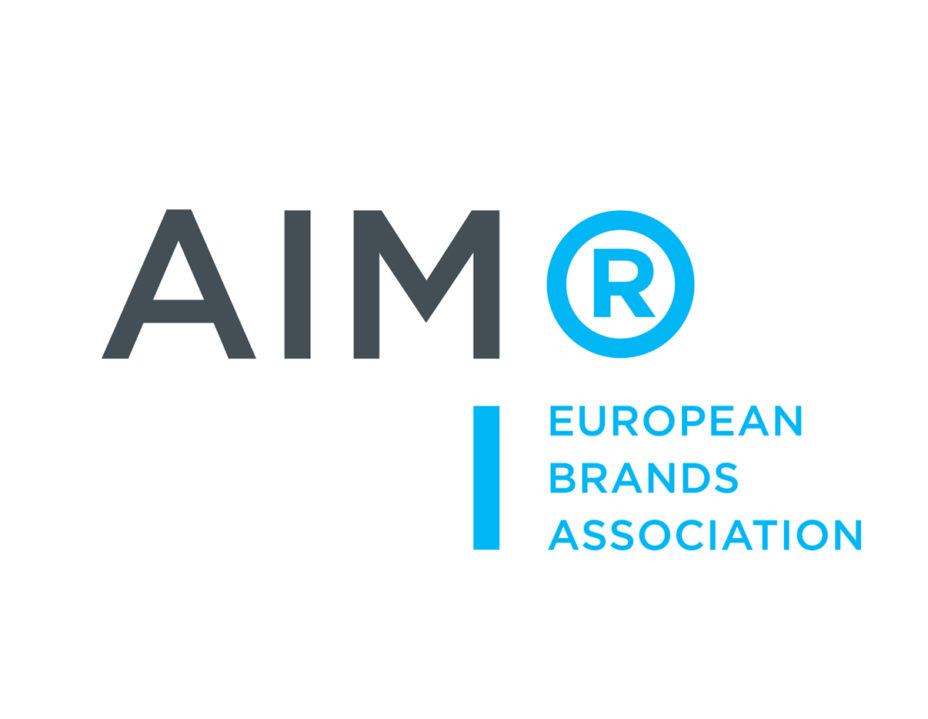
News & positions
AIM Statement on “Off the Hook” report on Human Rights and Environmental Due Diligence
Brussels, 18 June 2021 – AIM, the European Brands Association, takes note of the reference made to its contribution to the debate on Human Rights and Environmental Due Diligence (HREDD) in the “Off the Hook” report published on June 16 2021.
To avoid any further misinterpretation, AIM firmly supports the European Commission’s intention to propose an EU mandatory HREDD legislation. AIM and its members have actively engaged with the European Commission to call for a harmonised approach at EU level for this legislation and that it should be applicable to all businesses. AIM remains concerned about the announced delays in the European Commission’s adoption of the legislative proposal, as this risks causing a further fragmentation of the legal landscape across the EU due to Member States moving ahead with developing national legislation. This fragmentation would lead to a patchwork of potentially diverging rules across the EU.
The report references AIM’s call for the adoption of mutually reinforcing policy tools (including trade preferences and development policies) that not only require but also incentivize and support businesses to respect human rights. This reference is taken out of context and does not adequately consider AIM’s reasoning that measures to foster business respect for human rights should complement (and not replace) mandatory due diligence legislation, which remains a key element of the “smart mix” of measures to be adopted by States. In this regard, it should be noted that trade preferences and development policies are about State – to – State incentives to put in place regulatory frameworks for business and to protect their own people’s human rights. This is set out in the Commission’s Trade Policy Review – An Open, Sustainable and Assertive Trade Policy issued in February 2021.[1]
The report also makes a reference to AIM’s argument regarding the need to have a distinction between the scope of responsibility to respect human rights and the scope of legal liability. AIM’s contribution to the debate has, as a starting principle, highlighted the need to ensure alignment of any future regulatory framework with the UN Guiding Principles on Business and Human Rights (UNGPs). This argumentation regarding the distinction of scopes effectively reflects the commentary accompanying point 12 of the UNGPs, which states that “the responsibility of business enterprises to respect human rights is distinct from issues of legal liability and enforcement, which remain defined largely by national law provisions in relevant jurisdictions” (p. 14). It should also be noted that these are indeed two different legal concepts, also enshrined in EU law. Consequently, AIM calls for a constructive dialogue among all stakeholders to clearly define any potential liability regime included in future legislation.
AIM’s contribution to the debate seeks to provide constructive input by branded consumer goods manufacturers to the current EU-wide discussion on introducing mandatory HREDD legislation, and to provide concrete suggestions for various elements of such legislation. AIM remains open to constructive dialogue with all stakeholders in this debate to shape an EU legislation that improves outcomes for people and the environment in the context of our business activity.
[1] “EU trade and investment agreements, as well as the Generalised System of Preferences (GSP) have also played an important role in promoting respect for core human and labour rights” (p. 13)

